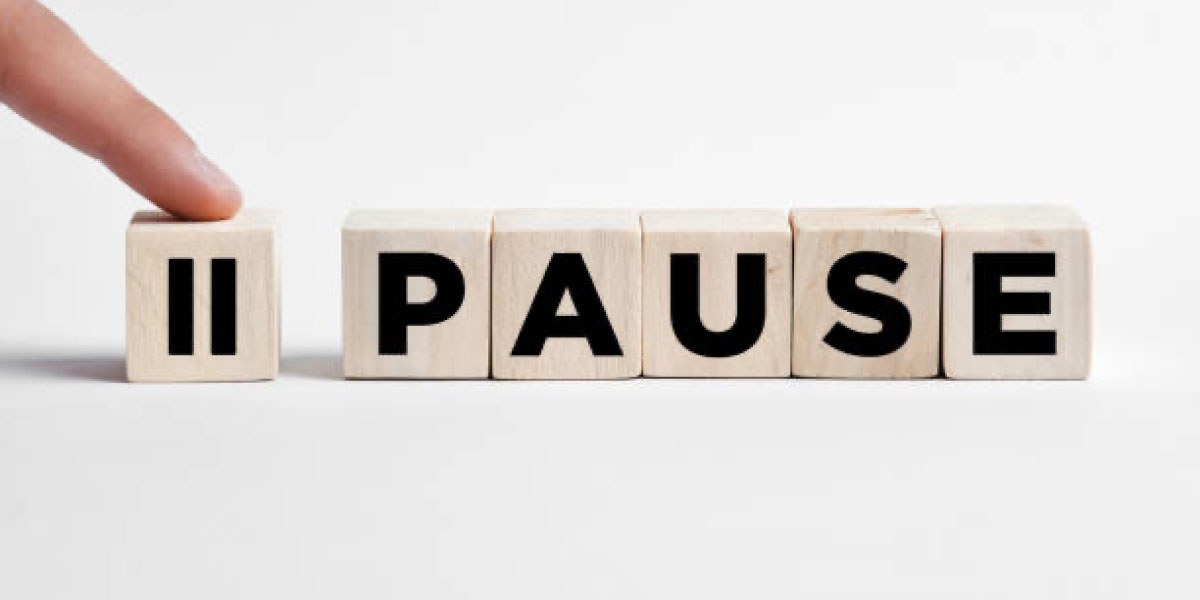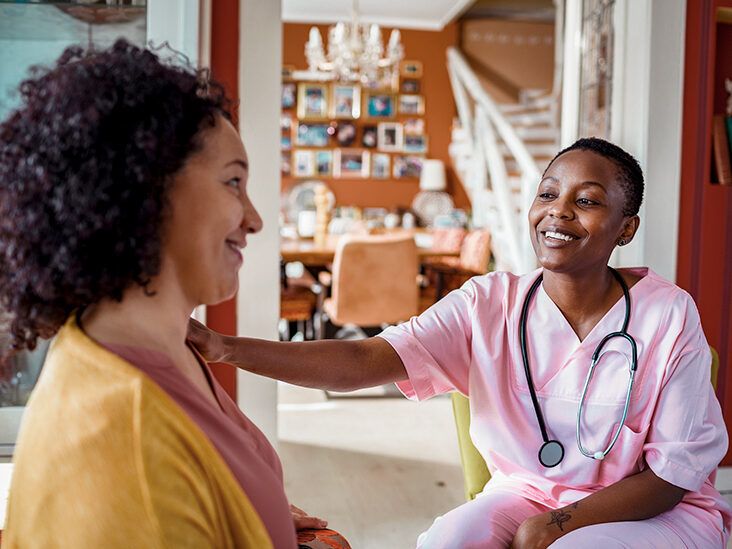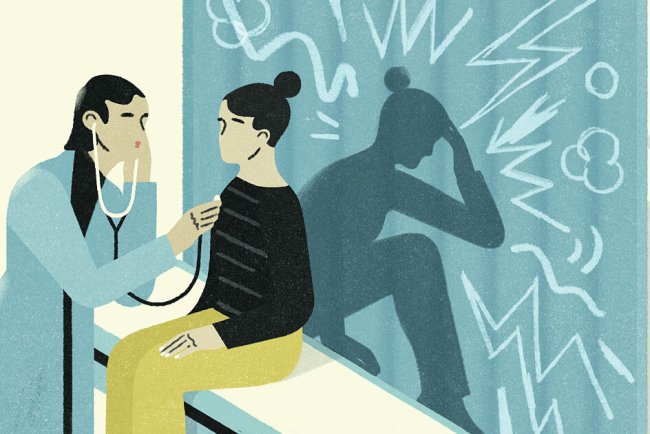Are You Receiving Medical Care That You Do not Need?
It begins with good intentions: a local clinic advertises a discounted full-body scan. A wellness fair sponsored by the employer that offers a variety of screenings. A brand-new vitamin that claims to "fight inflammation" or "improve brain health." Why not, you ask yourself? I mean, it is better safe than sorry.

But here's the quiet truth: not all health treatment is helpful. Indeed, it is possible that up to 20% of medical care in the US is unneeded. This includes proactive-sounding tests, therapies, and supplements that provide little more than phony assurance or, worse, possible harm.
We have been taught that knowledge is power since we were young, but even in the case of health, more is not always better. Isn't it better to know whether something might be amiss? Isn’t it wise to get ahead of troubles before they snowball?
Although the reasoning makes emotional sense, it is not always applicable in real life.
More testing might occasionally cause more misunderstandings. A little, innocuous scan result could lead to additional testing, anxiety, or even dangerous operations. Even seemingly innocuous supplements have the potential to interfere with prescription drugs or conceal the signs of serious problems. Additionally, unsupported "preventive" treatments might be a waste of your time, money, and faith in the system.
The goal of true health care is not to do everything. It is about focusing on what is most important to you.
Five Places Where Superfluous Medical Care Infiltrates In
This is the point at which good intentions frequently veer into excess.
1. Over-Screening: Knowing When to Pause
Only when screening is suitable for your age, risk level, and medical history may it save your life. The majority of rules specify a stop date for a reason. For instance:
If prior tests were normal, colonoscopies are generally not advised after the age of 75.
Mammograms: For women at medium risk, they are usually phased out by the age of 75
Pap smears: Depending on your medical history, they can usually end at age 65.
Why? because the small probability of discovering a life-threatening condition later in life is frequently outweighed by the possible hazards of invasive follow-up testing. The calculations change after a while.
2. Wellness Promotion: A Shiny Bottle of Snake Oil
An alphabet soup of claims may be found throughout the supplement aisle: stronger bones, better memory, greater energy, and better sleep. However, the majority of these assertions are based on wishful thinking.
Vitamin D? Its universal benefits have been called into question by recent research.
Oil from fish? Eating real fish—the oily variety, such as sardines or salmon—is preferable.
Multivitamins? The verdict is still pending. While some research indicates that older persons may benefit from it, there is not universally applicable advice.
You most likely do not require supplements if your diet is reasonably balanced. Furthermore, a capsule cannot make up for what is missing from your dish if it isn't.
3. Excessive Testing: When Inquisitiveness Backfires
Additional testing may seem like you are taking charge—until they reveal unintended consequences. These are innocuous anatomical peculiarities that could cause needless follow-ups, concern, or surgeries.
Investing in a full-body MRI may seem like a wise move for your future. However, it is equally probable to reveal something unrelated or misunderstood. In medicine, an abundance of knowledge might confuse rather than help.
4. "Preventive" Therapies That Do not Really Prevent Anything
Hormone therapy, the newest anti-aging infusion, or trendy IV vitamin infusions are just a few of the proactive treatments that have not worked out and, in some cases, have even been dangerous.
Always inquire as to what issue this is resolving. Is it supported by studies or is it merely well-liked on Instagram?
5. Insurance FOMO: "I Should Use My Coverage Since I Have It"
Squeezing every last cent out of your health insurance plan is alluring. However, receiving unnecessary medical care does not equate to receiving value for your money. It might result in more appointments, higher out-of-pocket expenses, and more stress than is necessary.
Insurance is not a punch card; it is a safety net. It is there, but you do not have to fill it up.
How to Be an Astute Patient While Remaining Active/assets/images/provider/photos/2750847.jpeg)
Being health-conscious involves accepting the appropriate type of care, not refusing it. How to walk that line is as follows:
Pose inquiries. What is the purpose of this test or treatment? How would it be beneficial? What would occur if I didn't?
Speak with a trustworthy source. Not Google, Dr. Not the TikTok influencer. It was not the advertisement that appeared when you were scrolling late at night.
Pay attention to the fundamentals. Move. Sleep. food high in nutrients. Stress management. These are not particularly attractive, but they are effective and have no negative side effects.
Recognize when to screen. Observe recommendations from reliable organizations, such as the U.S. Preventive Services Task Force. Health, age, and family history are all important factors.
In summary, greater care does not equate to better care.
It is simple to mistake busywork for competent care in this day of relentless health marketing and information overload. However, the finest health decisions frequently entail self-control, deliberate action, and paying attention to what your body (and the evidence) truly requires.
Avoid letting the pressure to "do everything" divert your attention from what is truly important.
Sometimes the healthiest course of action is to do less.
What's Your Reaction?




















